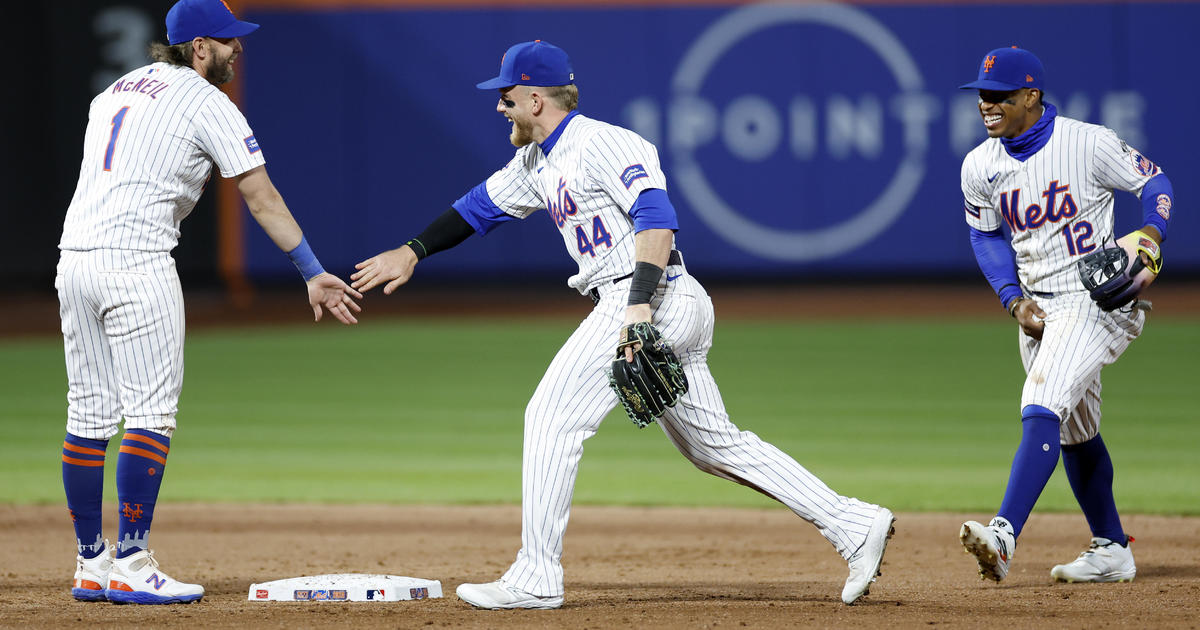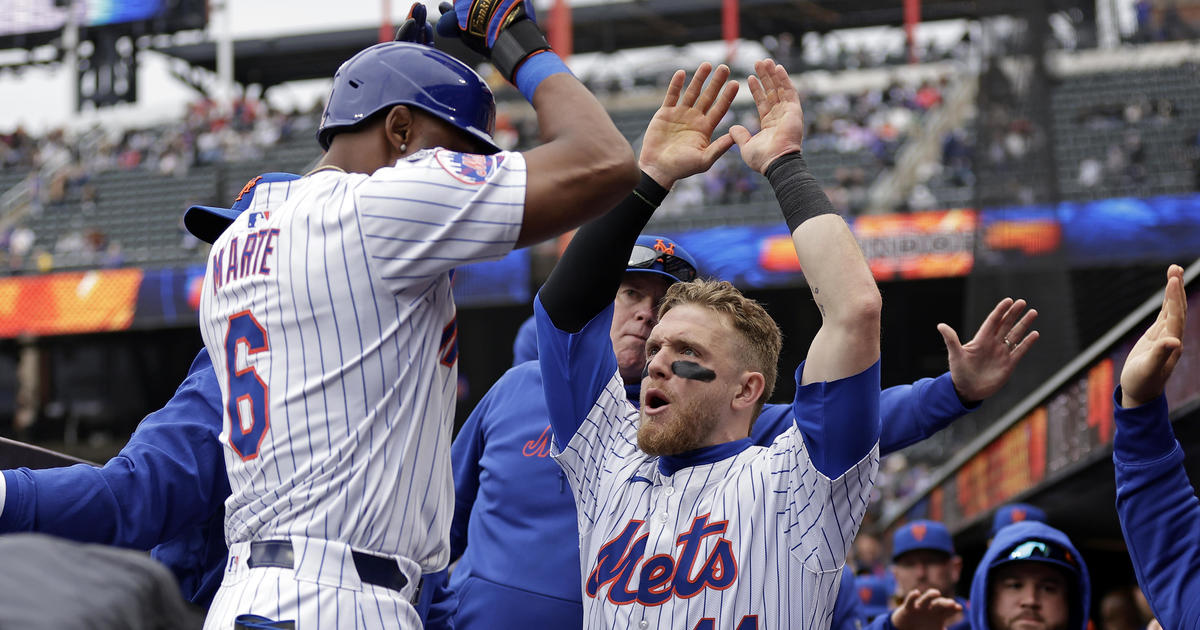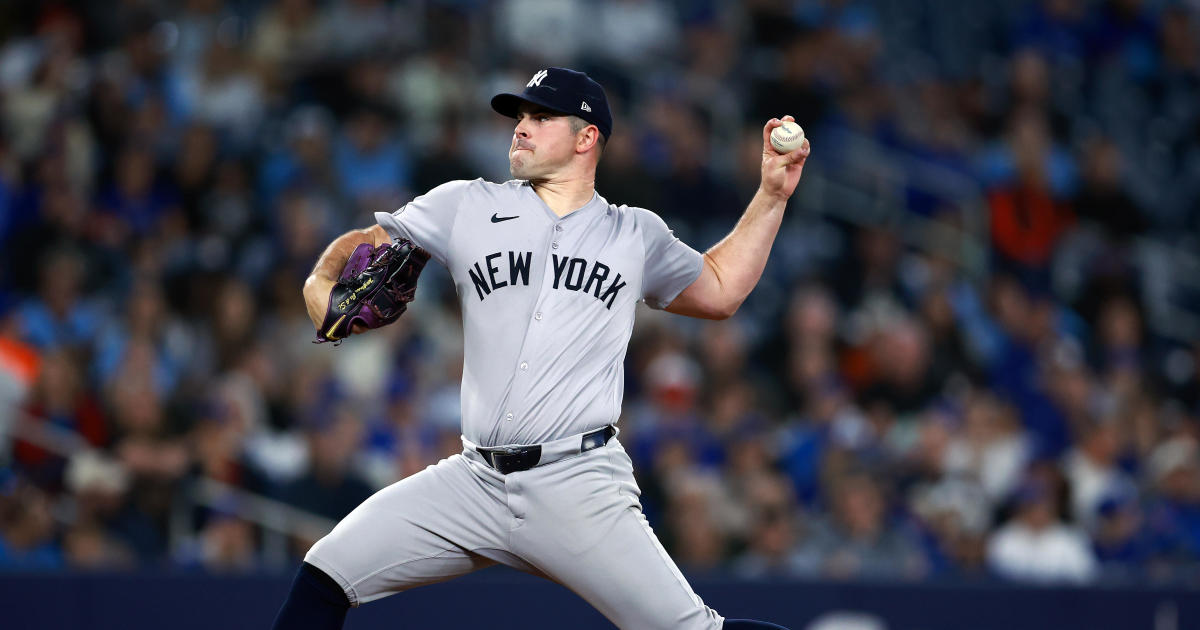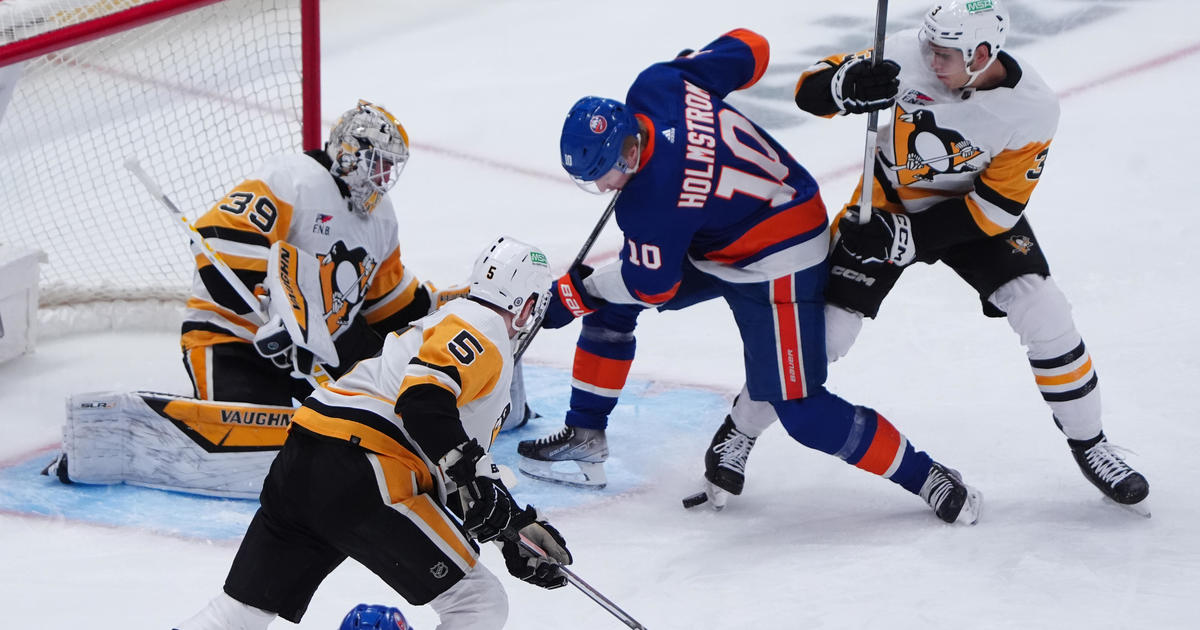Jared Max: The Dollars And Sense Of Managing Baseball
By Jared Max
» More Columns
"Ya know what drives me nuts? Nobody is allowed to pitch a complete game anymore," barked a fellow guest at a birthday party I attended Wednesday.
Well, maybe not "nobody." But, there are not many.
Joe Torre used to tell Yankees reporters in the early 2000s that he managed the game largely with his head, as opposed to relying on a binder full of statistics. Then, in Torre's final years in pinstripes, it seemed to me he spoke about stats significantly more than when he managed four championship teams from 1996-2000.
Multitasking Is Critical
Like general managers often sought today for their number-crunching Billy-Beaneabilities, modern-day managers need to be able to weigh statistics along with their guts and baseball acumen while still managing 25 personalities.
"I think baseball IQ has been a lot more important as the game becomes more complicated. There's so many more sabermetrics now that they have to worry about," a prominent MLB agent told me.
Is it possible that some managers make in-game decisions based on whether or not a relief pitcher can get credit for a save or a hold?
The player agent I spoke to stated, "I don't think a manager ever makes a decision — who to play, where to hit a guy in the lineup, who to pitch — based on a player's current or future contract. When a manager pulls a pitcher, I think they do it more out of fear of losing a game than anything to do with a player's contract. Obviously, if they're losing a game, they're not helping their own job security."
I understand the importance of pitch counts to preserve players' health. But why do managers take the ball out of the hands of their strongest arms, despite proof that some of the game's greatest pitchers have been long-distance runners?
"The strategy of a game has changed. It's almost like small-ball stuff. Small pitching," said the agent.
Has The Workhorse Become A Dinosaur?
In 1965, Hall of Famer Sandy Koufax led the majors throwing 27 complete games. Ten years later, HOFer Jim "Catfish" Hunter pitched an MLB-best 30 complete games. HOFer Bert Blyleven went the distance 24 times in 1985. Ten years later, 10 complete games by HOFer Greg Maddux topped all pitchers. By 2005, the highest number in the CG category was 7 -- reached by Chris Carpenter and Dontrelle Willis. This year, among 222 MLB games (through Wednesday, April 22), not one pitcher has gone the distance more than once. CC Sabathia is one of only three who has pitched a complete game.
Why has there been such a change in this baseball trend? Perhaps, just as Billy Beane became an archetype for modern GMs, Torre may have built the model for how individual games are managed. The goal: Get six or seven innings from the starter before handing off to the setup man, who gives way to the closer. Of course, when managers have a Mariano Rivera, there are fewer steps, generally, to complete the task. Without a Rivera in the bullpen, though, relief pitchers have become more important than ever.
More Jobs; No More Innings
How is a relief pitcher's worth measured?
"You have to do such detailed analysis of relief pitchers to establish their value," the agent told me.
When it comes to arbitration, particularly, "you have to dissect every outing. Every pitch. Did he get a hold? Was it a one-inning hold? Was it a one-plus inning hold? There are so many elements you have to look at to argue that pitcher's worth. There's so much more dissection into statistics in order to compare one pitcher to others who serve the same role."
It sounds like real estate.
"I relate it A LOT to real estate. For a guy that has a one-bedroom house with a crummy room, his house is not going to be worth as much as a one-bedroom house with a room that's gorgeous," the baseball agent said.
Not all comparisons are apples to apples, though. Anybody who has purchased a home knows the importance of comps. In baseball player contract negotiations, it is the same game.
"It's a lot harder to determine value with pitchers — especially relievers than position players," according to this agent who represents a spectrum of players.
For middle relievers, it is a greater challenge to determine value than with closers or starters.
"You can't go sell your house with one bedroom for the same price as the guy down the street who has four bedrooms," he said.
Who Is More Important — The Middle Reliever Or His Agent?
"You have to know how to piece together the information. How to show it in the best light possible with a comparative player who you believe your player is of equivalent or greater value," the agent told me. "You have to be a good advocate for your player. Be well prepared, know all the stats, know the stats of comp players to know where your guy fits in."
Are the scales always balanced?
"When it's all said and done, the players usually end up lining up the way they should," he said. "Especially in an arbitration scenario. The union is so involved to make sure the agents are doing a good job. There are a lot of systems of checks and balances. Everything is based on comps. What you sell your house for effects how much your neighbor's house is worth. If you both have the same house, and you think they're both worth $400,000, and then your neighbor goes and sells his house for $360K because he got desperate, chances are you will no longer have the ability to get $400K for your house."
Do some players fail to receive maximum compensation for what their stats and overall package dictate?
The agent told me that this game is about more than logic. It takes "iron balls to get through the arbitration process." Again, sounds like negotiating the price of a home between buyer and seller, and their agents.
"If you're desperate or scared, you won't succeed," he said. "Agents and players have to be willing to go far into arbitration in order to maximize the player's value."
Rookie reps, beware.
"Sometimes with inexperienced agents, a team will dangle a deal early in the process in an effort to try to save money," he said.
Brokering The Best Possible Deal
As a veteran of buying tickets to concerts and sporting events from secondary-market sellers outside stadiums and arenas, I know that the best deal is nearly never the first offer. Same goes with buying and selling baseball players.
"The arbitration process is a long one, and it starts in December when a player is tendered a contract by the team he is arbitration-eligible with," the agent said. "We do not like doing deals early."
This is exactly how I get the best seats and value to see concerts and sporting events. Generally, the cost of a ticket drops significantly in the minutes before a game or concert begins.
Regarding the lengthy, painstaking arbitration process, the agent argued that "the closer you get to the courthouse steps, the better deal it's going to be."
Highly-Regarded Value
Just as home buyers are swayed by X factors like marble countertops, kitchen islands and built-in sprinkler systems, MLB teams seek intangibles that cause separation between seemingly identical players. Baseball's X factor: unbroken service time — time spent on the big league club without being sent to the minors.
"There's a lot of value placed on unbroken service time. There's A LOT," the agent shared.
This applies most, he told me, to a particular type of player.
"Teams put a lot of value on unbroken service time for a relief pitcher," he said. "This can be a significant asset when it comes to negotiation or arbitration."
While it seems to me that most MLB managers can be accused of opening their oven door too often, not allowing the baking process to run its course, there is a method to their madness.
It has nothing to do with future player contracts, according to the agent I interviewed.
"They are just trying to win every game."
Jared Max is a multi-award winning sportscaster. He hosted a No. 1 rated New York City sports talk show, "Maxed Out" — in addition to previously serving as longtime Sports Director at WCBS 880, where he currently anchors weekend sports. Follow and communicate with Jared on Twitter @jared_max.



